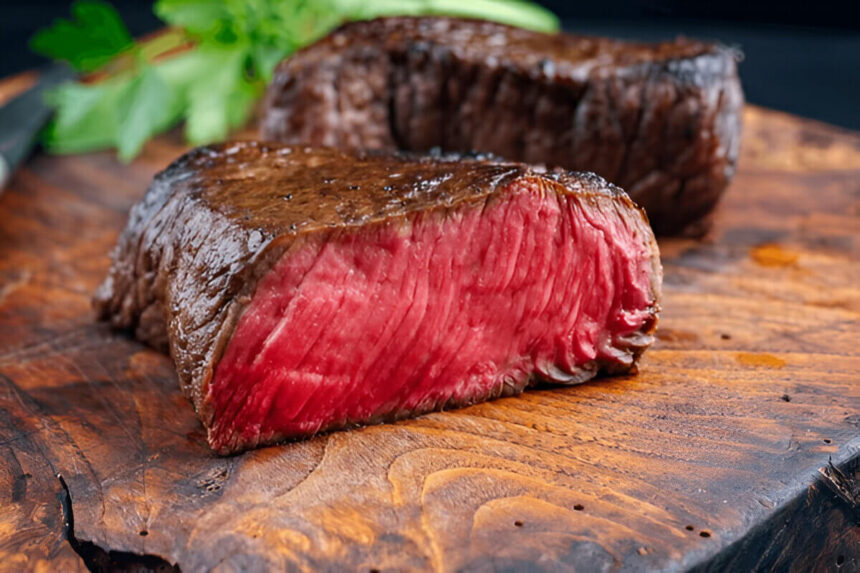So, you’re sitting there, munching on some bison jerky, and your cat’s giving you that look. You know the one. The “I will literally sell my soul for a bite of whatever you’re eating” look. And then it hits you—can cats eat bison? I mean, it’s meat, right? Cats are carnivores. Should be fine… or is it?
Let’s break it down, because your furry little overlord deserves the best, and you don’t want to mess this up.
Can Cats Eat Bison? Yes, But…
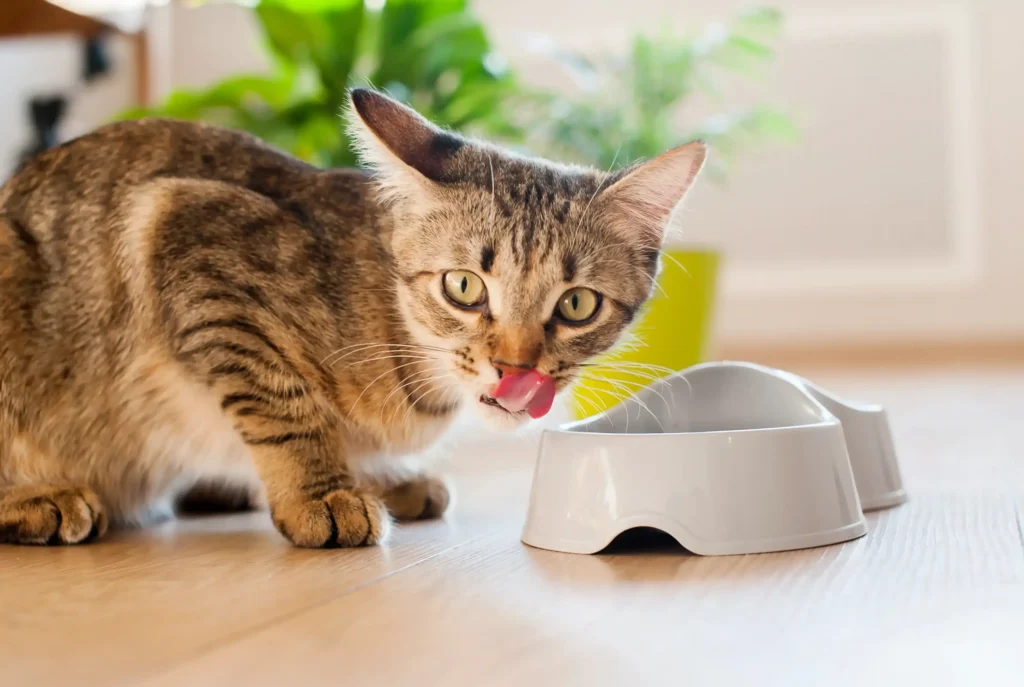
Technically, yes. Bison is a lean, protein-packed meat that’s not toxic to cats. In fact, it’s probably healthier than some of the processed junk we humans eat. But—and this is a big but—there’s more to it than just tossing a chunk of bison steak into your cat’s bowl.
Cats are obligate carnivores, which means they need meat to survive. But not all meats are created equal, and not all meats are safe or ideal for your feline friend. So, before you start planning a bison feast for your cat, let’s dig deeper.
Why Would You Even Feed Your Cat Bison?
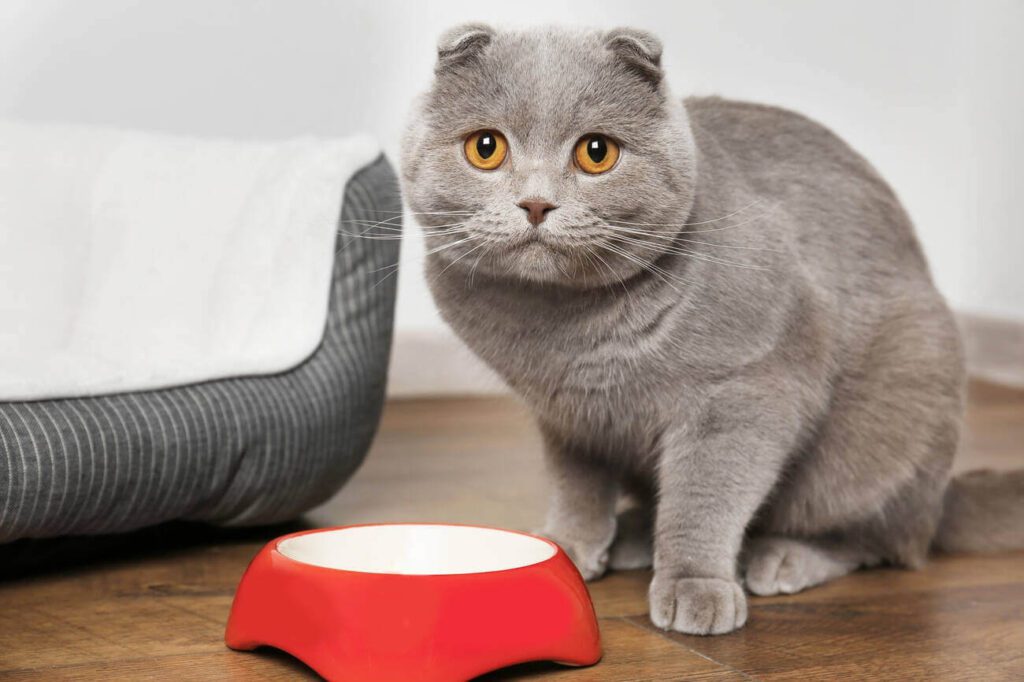
Alright, so why’d anyone wanna feed bison to a cat in the first place? Well, let’s say your cat’s got food sensitivities. Some cats get all fussy or downright sick on common proteins like chicken or fish. Enter bison. It’s considered a novel protein—fancy talk for “something your cat’s probably not allergic to yet.” It’s a nice alternative when your usual options aren’t cutting it.
Also, variety matters. Like, imagine eating the same thing day after day. Boring, right? Cats benefit from a little spice in their life—and by spice, I mean switching up their protein source now and then. Bison can give them that extra boost without overloading their system.
Why Bison Might Be a Good Option for Cats
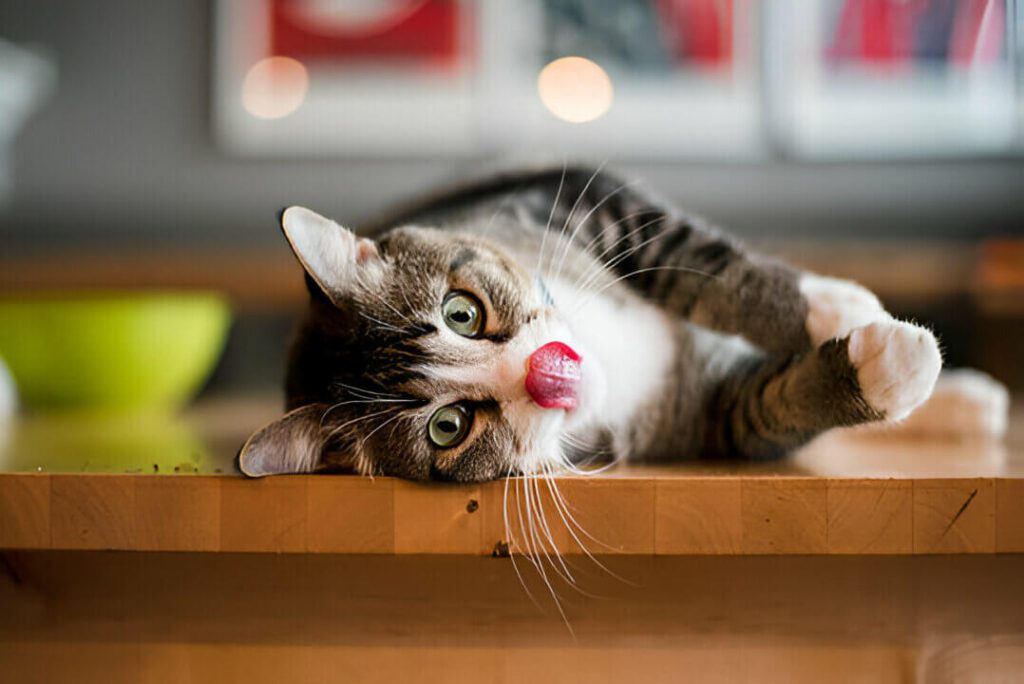
Bison is often touted as a healthier alternative to beef. It’s leaner, lower in fat, and packed with nutrients like iron, zinc, and omega-3 fatty acids. For humans, it’s a great choice if you’re trying to eat cleaner. But what about cats?
High Protein Content: Cats thrive on protein. It’s the foundation of their diet, and bison delivers that in spades.
Low Fat: Unlike some fatty cuts of beef or pork, bison is lean, which can be easier on your cat’s digestive system.
Rich in Nutrients: Bison is loaded with essential vitamins and minerals like iron, zinc, and B vitamins that can support your cat’s overall health.
Low Allergy Risk: If your cat’s sensitive to the usual stuff, bison’s a solid alternative. Novel proteins can help calm those allergy woes.
Sounds great, right? But before you start raiding the nearest bison farm, there are some things you need to consider.
Blue Buffalo Wilderness Nature’s Evolutionary Diet High-Protein Dry Food
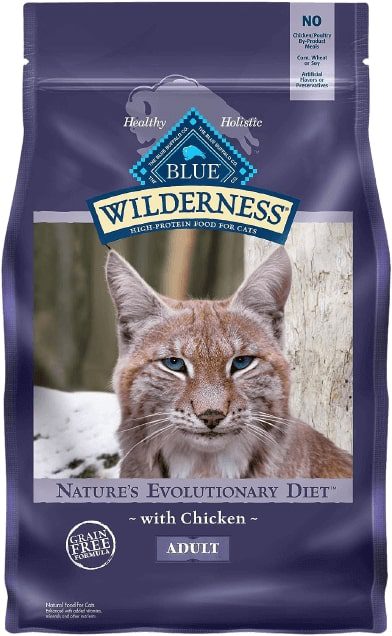
The Potential Downsides of Feeding Bison to Cats
While bison isn’t inherently bad for cats, it’s not a one-size-fits-all solution. Here are some potential issues to keep in mind:
Overfeeding: Too much bison can unbalance your cat’s diet. They need variety and essential nutrients from other sources.
Raw vs. Cooked: If you’re thinking about feeding your cat raw bison, think again. Raw meat can carry bacteria like Salmonella or E. coli, which can make your cat sick. Always cook the meat thoroughly to kill any harmful pathogens.
Seasonings and Additives: That bison burger you’re eating? It’s probably loaded with salt, garlic, onions, and other seasonings that are toxic to cats. Never feed your cat seasoned or processed bison products.
Allergies and Sensitivities: Just like humans, cats can have food allergies. If your cat has never eaten bison before, introduce it slowly and watch for any adverse reactions.
Bone Hazards: Bison bones might seem like a fun treat, but they can splinter and cause serious injuries to your cat’s digestive tract. Stick to boneless cuts.
How to Safely Introduce Bison to Your Cat’s Diet
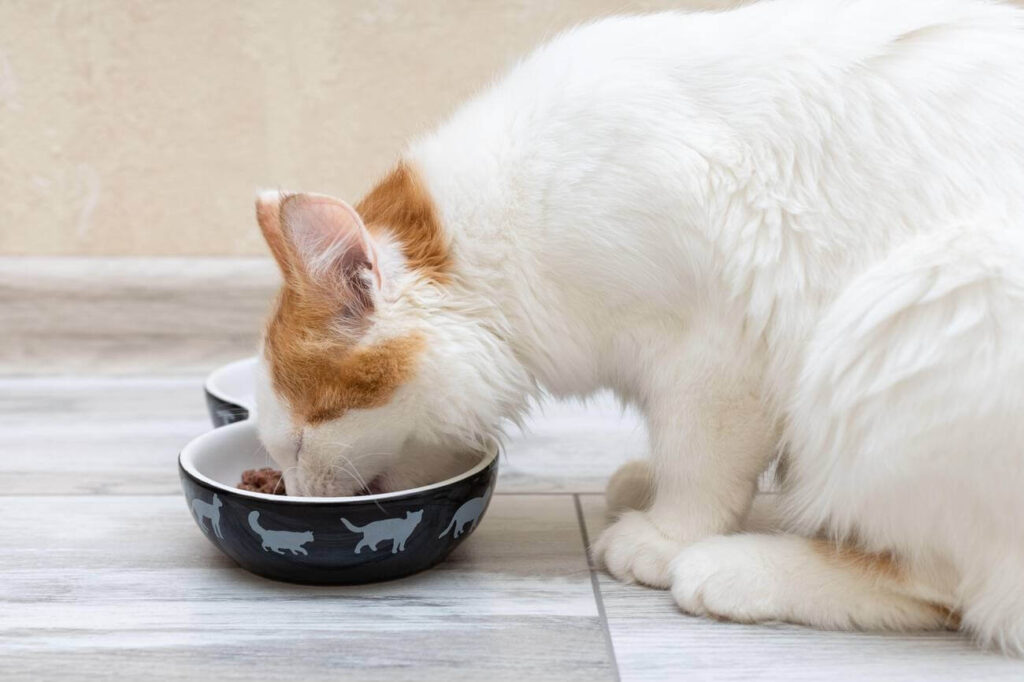
If you’re set on giving bison a try, here’s how to do it without turning your cat’s life into a disaster movie:
Cook It Plain: Forget the seasonings. No salt. No pepper. No fancy marinades. Cats don’t need all that extra stuff, and a lot of it’s actually bad for them. Just cook it plain—boil, bake, whatever works—and keep it simple.
Tiny Portions: Cats are tiny creatures. A little goes a long way. Think of it like a treat or supplement, not a full meal replacement. A few small chunks should do the trick.
Mix It In: If your cat is hesitant, try mixing a small amount of bison with their regular food. This can help them get used to the new flavor.
Introduce Slowly: New foods? Take it slow. Mix a little bison with their usual food and see how they handle it. No upset stomach? You’re golden.
Raw or Cooked? Raw diets are kind of trendy, but they’re not for everyone. If you’re into raw feeding, make sure the bison’s from a trusted source—fresh, high-quality, no weird contaminants. Cooking’s safer, though, so unless you’re 100% confident, stick to cooked.
Monitor Closely: Keep an eye on your cat for the next 24 hours. Look for signs of vomiting, diarrhea, or lethargy, which could indicate a bad reaction.
How Cats React to Bison

Not every cat’s gonna love bison. Some might sniff it and walk away, giving you that classic “are you serious?” look. Others? They’ll gobble it up like it’s the best thing ever. If your cat’s on the fence, try mixing it with a bit of their favorite wet food to get them interested.
Also, keep an eye out for any weird reactions. Vomiting, diarrhea, or lethargy? Yeah, that’s a sign it’s not working out. Stop and stick to what’
Can Cats Eat Bison as a Regular Part of Their Diet?
Here’s the thing: while bison can be a healthy occasional treat, it shouldn’t replace your cat’s regular diet. Cats need a balanced diet that includes a variety of nutrients, many of which are specifically formulated into commercial cat food.
Bison alone won’t provide everything your cat needs to thrive. It’s best to think of it as a supplement or a special treat rather than a staple.
What Do the Experts Say?
Veterinarians generally agree that cats can eat bison in moderation, as long as it’s prepared safely. However, they also emphasize the importance of sticking to a balanced, species-appropriate diet.
Alternatives to Bison for Your Cat
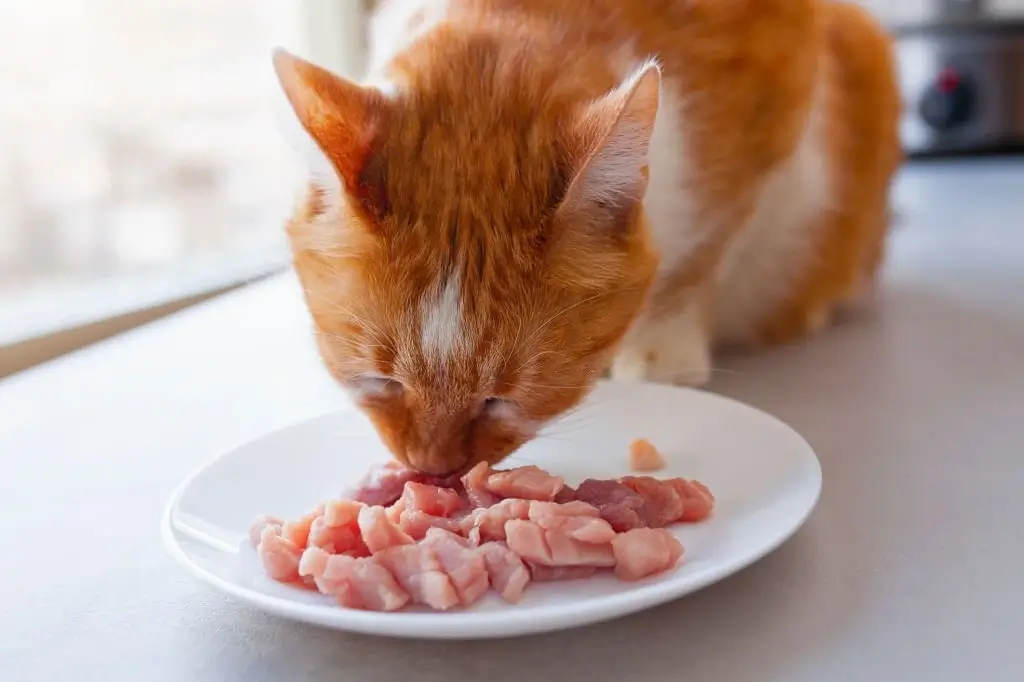
If bison isn’t your cat’s thing—or if it’s just too hard to find—there are plenty of other protein options to consider:
Chicken: A classic choice that’s easy to digest and widely available.
Turkey: Another lean option that most cats love.
Duck: A bit richer, but still a good choice for sensitive tummies.
Rabbit: A novel protein that’s great for cats with food sensitivities.
Fish: While not a primary protein source, fish can be a tasty occasional treat.
Venison: Similar to bison in terms of leanness and nutrients.
Is Bison Meat Good for Cats?
Short answer: Yes, bison meat can be good for cats—if prepared correctly.
Bison is a lean, protein-rich meat that’s low in fat and packed with nutrients like iron, zinc, and omega-3 fatty acids. For cats, who are obligate carnivores, this makes bison a solid option. But here’s the catch:
Cook it thoroughly: Raw bison can carry bacteria like Salmonella or E. coli, which can make your cat sick. Always cook it plain, without any seasonings or additives.
Serve in moderation: Bison shouldn’t replace your cat’s regular diet. Think of it as a treat or supplement, not a staple.
Watch for allergies: Some cats might have sensitivities to novel proteins like bison. Introduce it slowly and monitor for any adverse reactions.
So, yes, bison can be a healthy addition to your cat’s diet—just don’t go overboard.
What Meat Should Cats Not Eat?
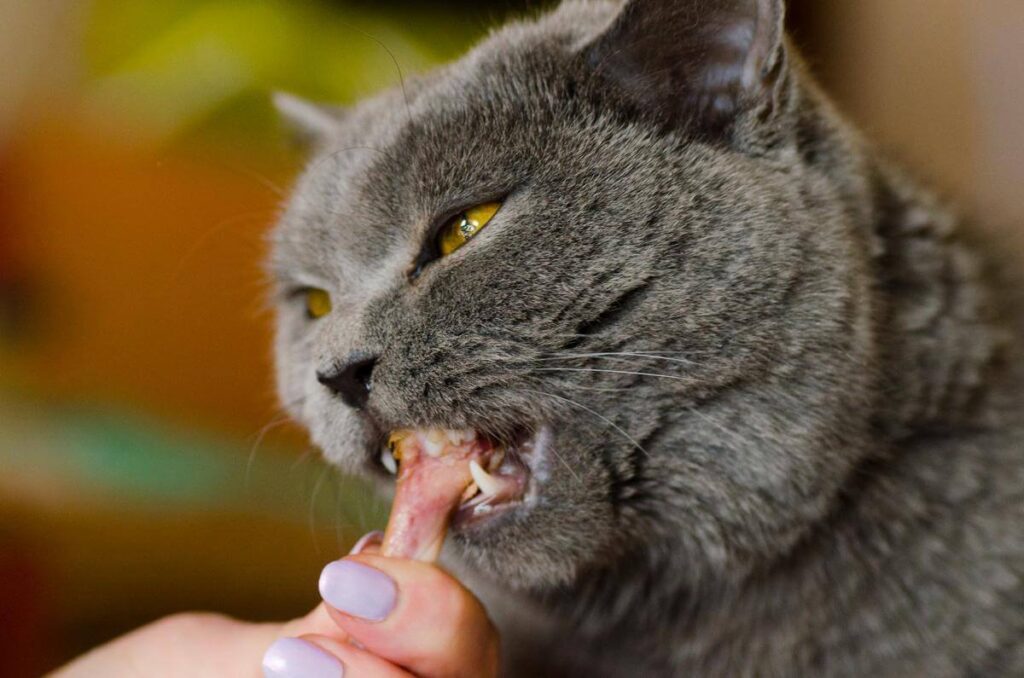
Not all meats are created equal, and some can be downright dangerous for your feline friend. Here’s a quick rundown of meats to avoid:
Processed Meats: Deli meats, sausages, and bacon are loaded with salt, preservatives, and seasonings that can harm your cat.
Raw Pork: Raw pork can carry parasites like Toxoplasma gondii, which can cause serious health issues.
Bones: Cooked bones, especially from poultry or fish, can splinter and cause internal injuries.
Seasoned or Spiced Meats: Garlic, onions, and certain spices are toxic to cats. Always serve meat plain.
When in doubt, stick to plain, cooked, and unseasoned meats.
Can Cats Eat Buffalo?
Fun fact: bison and buffalo are often used interchangeably, but they’re actually different animals. That said, the rules for feeding buffalo to cats are the same as for bison.
Cook it thoroughly: No raw buffalo, please.
Keep it plain: No seasonings, sauces, or additives.
Serve in moderation: Buffalo can be a tasty treat, but it shouldn’t replace your cat’s regular food.
So, yes, cats can eat buffalo—just make sure it’s prepared safely.
Can Cats Eat Raw Deer Meat?
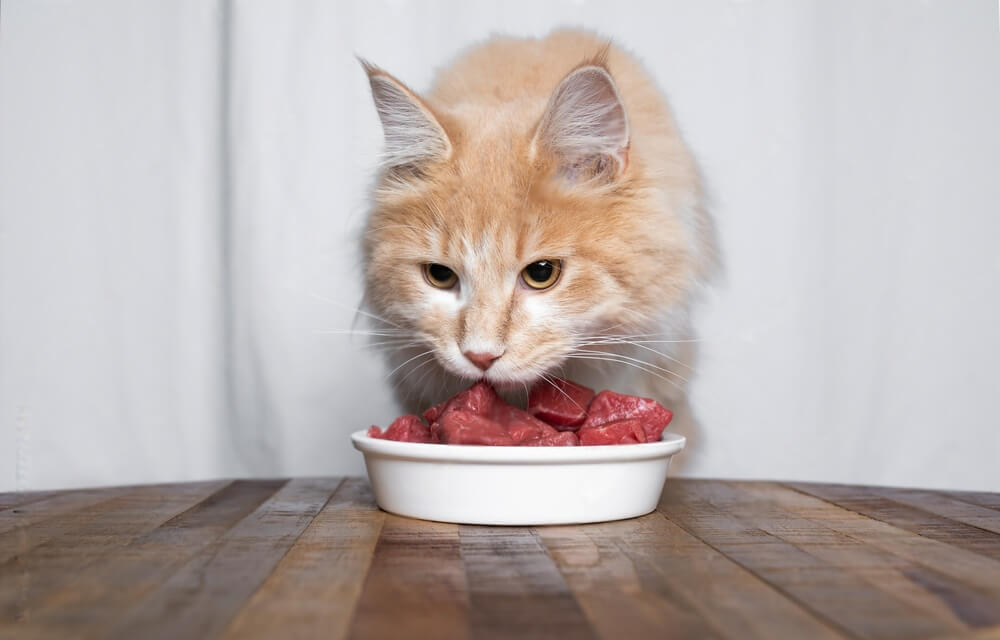
Raw meat is a controversial topic in the pet world. While some people swear by raw diets, others warn of the risks. So, can cats eat raw deer meat?
Risks of Raw Meat: Raw deer meat can carry parasites and bacteria that can make your cat sick. It’s also harder to ensure it’s free from contaminants.
Benefits of Raw Meat: Proponents argue that raw meat is closer to a cat’s natural diet and can improve coat health and energy levels.
If you’re considering a raw diet, consult your vet first. They can help you weigh the pros and cons and ensure your cat’s nutritional needs are met.
Can Cats Eat Beef?
Beef is a common ingredient in many commercial cat foods, so yes, cats can eat beef. But there are a few things to keep in mind:
Cook it thoroughly: Raw beef can carry bacteria like E. coli.
Avoid fatty cuts: Too much fat can upset your cat’s stomach.
Keep it plain: No seasonings, sauces, or additives.
Beef can be a great source of protein for your cat—just make sure it’s prepared safely.
Can Cats Eat Pork?
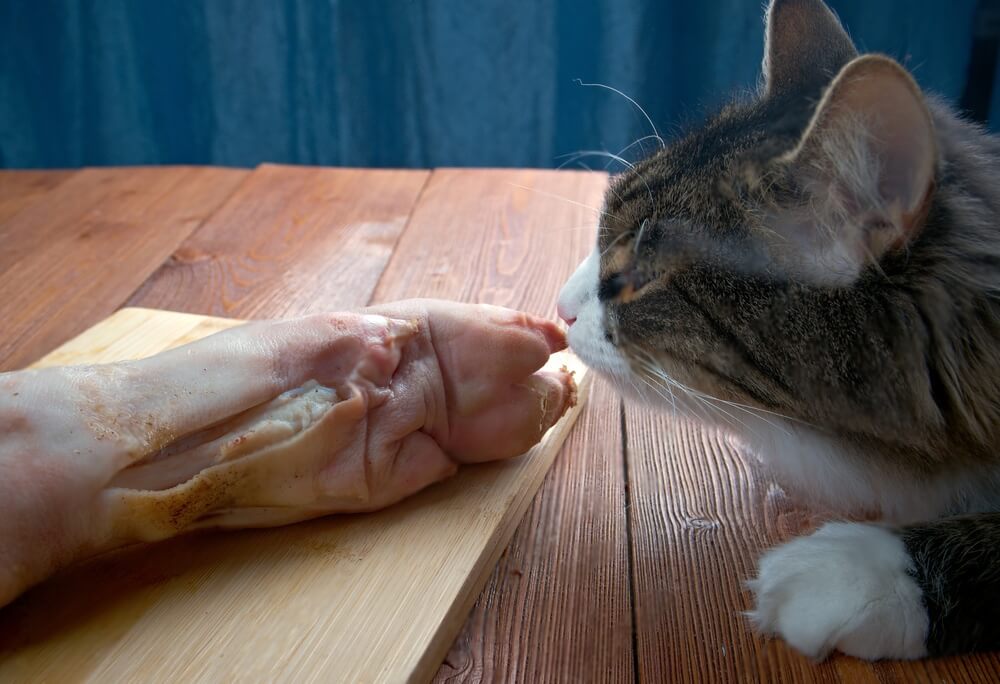
Pork is another meat that’s safe for cats in moderation. However, there are some important caveats:
Cook it thoroughly: Raw pork can carry parasites like Toxoplasma gondii.
Avoid processed pork: Bacon, ham, and sausages are too salty and fatty for cats.
Serve in moderation: Pork is higher in fat than other meats, so it should be an occasional treat.
If you’re going to feed your cat pork, make sure it’s plain and cooked.
Can Cats Eat Raw Mutton?
Mutton, or sheep meat, is another protein option for cats. But should it be served raw?
Risks of Raw Mutton: Like other raw meats, mutton can carry bacteria and parasites.
Cooked Mutton: If you want to feed your cat mutton, cook it thoroughly and serve it plain.
Raw mutton isn’t recommended, but cooked mutton can be a healthy treat.
Can Cats Eat Venison?
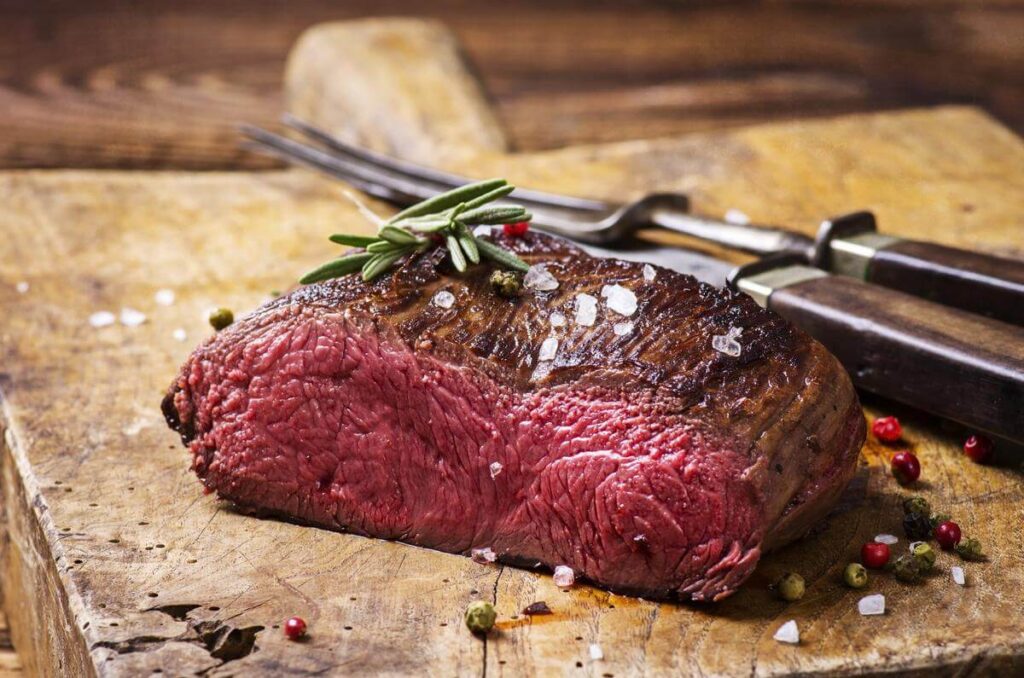
Venison, or deer meat, is a lean, protein-rich option that many cats enjoy. But is it safe?
Cook it thoroughly: Raw venison can carry parasites and bacteria.
Introduce slowly: Venison is a novel protein, so some cats might have sensitivities.
Serve in moderation: Like other meats, venison should be a treat, not a staple.
Venison can be a great addition to your cat’s diet—just make sure it’s prepared safely.
Best Meat for Cats
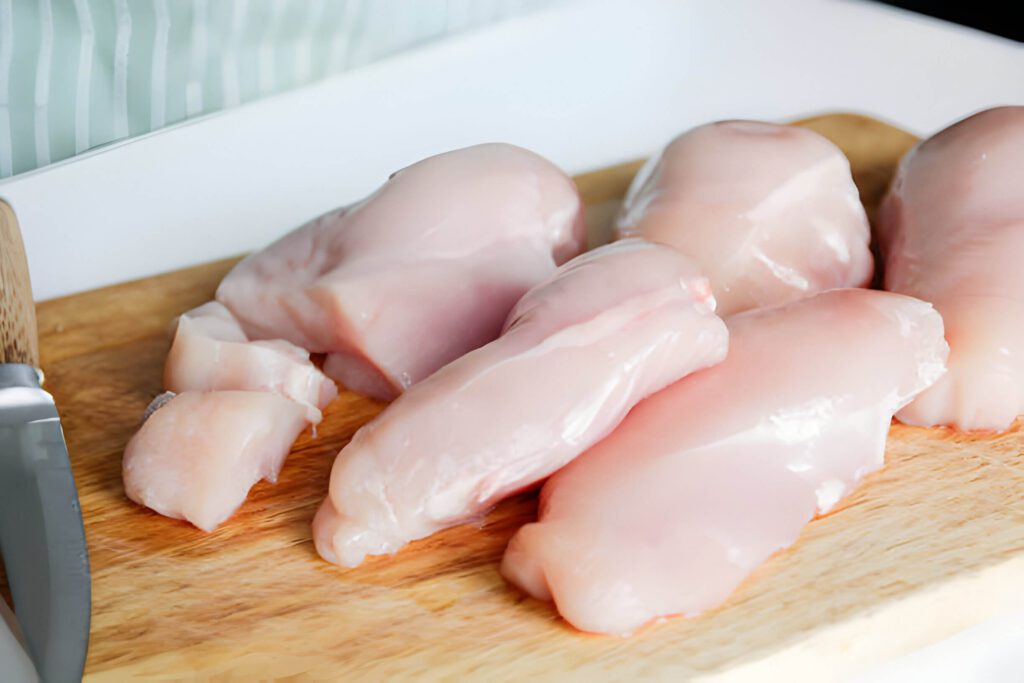
So, what’s the best meat for cats? Here’s a quick ranking:
Chicken: Lean, easy to digest, and widely available.
Turkey: Another lean option that most cats love.
Rabbit: A novel protein that’s great for cats with food sensitivities.
Beef: A good source of protein, but higher in fat.
Bison/Buffalo: Lean and nutrient-rich, but should be served in moderation.
At the end of the day, the best meat for your cat is one that’s cooked, plain, and served in moderation.
What Human Food Can Cats Eat Everyday?

While cats are obligate carnivores, there are a few human foods that can be safe for them in small amounts:
Cooked Meat: Chicken, turkey, beef, and pork (plain and cooked).
Fish: Cooked salmon or tuna (in moderation).
Eggs: Cooked and plain.
Vegetables: Some cats enjoy small amounts of cooked carrots or peas.
Just remember: human food should never replace your cat’s regular diet.
Can Cats Eat Tuna?
Tuna is a favorite among cats, but it’s not without its risks:
Mercury Concerns: Tuna can contain high levels of mercury, which can be harmful in large amounts.
Nutritional Imbalance: Tuna doesn’t provide all the nutrients cats need.
Addiction: Some cats become so obsessed with tuna that they refuse to eat anything else.
If you’re going to feed your cat tuna, do so sparingly and opt for cooked, plain tuna.
Can Cats Eat Raw Meat?
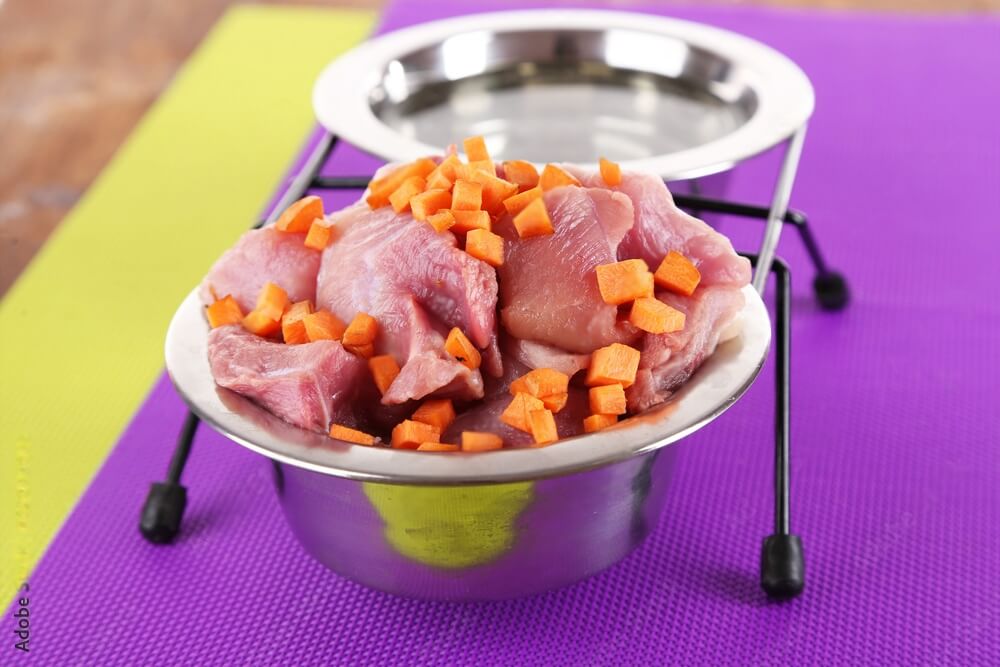
The raw meat debate is a hot topic. While some cats thrive on raw diets, others can get sick from bacteria or parasites. If you’re considering a raw diet, here’s what you need to know:
Risks: Raw meat can carry harmful pathogens.
Benefits: Some argue that raw meat is closer to a cat’s natural diet.
Consult Your Vet: Before switching to a raw diet, talk to your vet to ensure it’s safe and balanced.
Final Thoughts: Can Cats Eat Bison?
So, can cats eat bison? Yes, they can—but with some important caveats. It’s all about preparation, moderation, and paying attention to your cat’s individual needs.
At the end of the day, your cat’s health and happiness are what matter most. If you’re ever in doubt, don’t hesitate to reach out to your vet. They’re the real MVPs when it comes to keeping your furry friend in tip-top shape.
And hey, if your cat does develop a taste for bison, just remember: you’ve officially entered the realm of gourmet pet parenting. Who knows? Maybe next, they’ll be demanding truffle-infused salmon.



